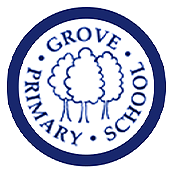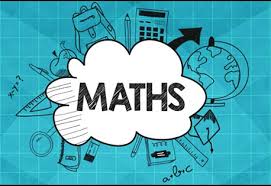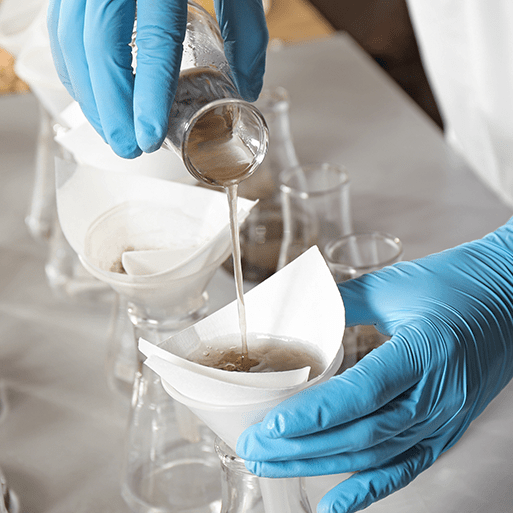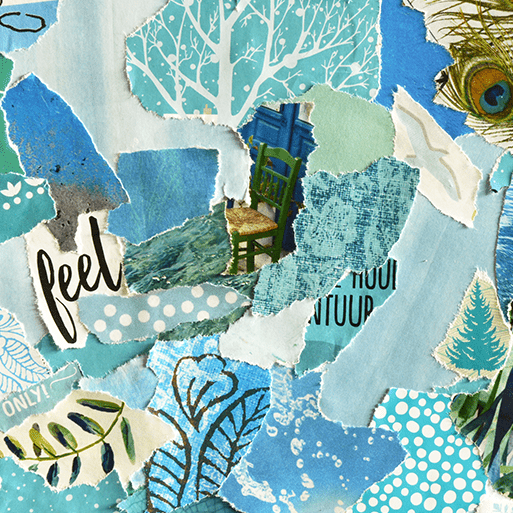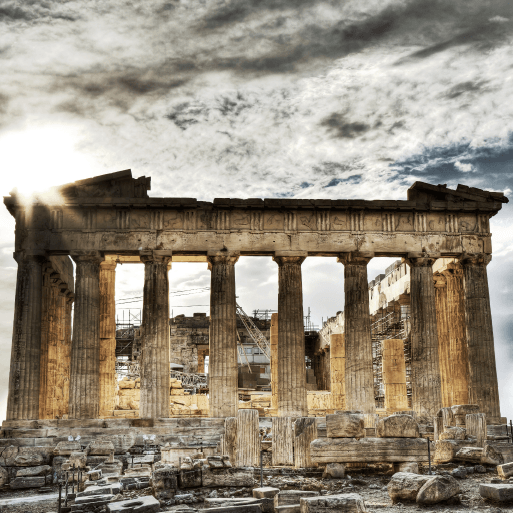Year 5 - Summer Term
|
History: Groundbreaking Greeks
|
In the Groundbreaking Greeks project, your child will learn about different periods of Greek history, exploring the earliest civilisations, the devastation of the Dark Age and the breakthroughs and developments of the Archaic and Classical periods. They will understand how the geography of Greece affected the development of city states and explore Athens, learning about the structure of the government and society. They will get to know some of the most significant Athenians and understand why Greek art, culture, architecture, philosophy, medicine and mathematics were so significant. Your child will learn about the leadership of Alexander the Great and discover how ancient Greece became part of the Roman Empire after the Hellenistic period. They will explore how the Romans respected and developed Greek ideas, making them their own and spreading them throughout the Roman Empire. To end the project, your child will decide which was the ancient Greeks' greatest idea, and explore how the legacy of ancient Greece affects their lives today. | ||||
|
English: Reading
|
|
||||
|
English: Writing
|
Skills: Please refer to the Year 5 National Curriculum
Text Types:
|
||||
|
Maths
|
|
||||
|
Science Human Reproduction & Ageing
|
Human Reproduction & Ageing: This project teaches children about animal life cycles, including the human life cycle. They explore human growth and development to old age, including the changes experienced during puberty and human reproduction.This project teaches children about animal life cycles, including the human life cycle. They explore human growth and development to old age, including the changes experienced during puberty and human reproduction. Properties & Changes of Materials: This project teaches children about the wider properties of materials and their uses. They learn about mixtures and how they can be separated using sieving, filtration and evaporation. They study reversible and irreversible changes, and use common indicators to identify irreversible changes. |
||||
|
Art: Mixed Media |
This project teaches children about paper crafts, papermaking and collage techniques, including paper, fabric, mixed media and photo collage. They use their learning to create a final piece of small-scale, mixed media collage. |
||||
|
Design & Technology: Architecture |
This project teaches children about how architectural style and technology has developed over time and then use this knowledge to design a building with specific features. |
||||
|
Music - Charanga
|
Summer 1 Project: Dancing In The Street Knowledge Organiser Dancing in the Street Summer 2 Project: Reflect. Rewind & Replay In this project pupils will review the learning from across the year. |
||||
|
Computing
|
Unit 4: Programming 1: Music In this unit pupils will be applying programming skills to plan and create a soundtrack for a particular genre.
Unit 5: Online Safety In this unit pupils will be learning about potential online dangers and safety. |
||||
|
PSHEE
|
|
||||
|
PE
|
|
||||
|
RE
|
Unit 2.17 Justice and poverty: can religions help to build a fair world?
Unit 2.12 Why are sources of wisdom important to people? |
||||
|
French
|
In this unit pupils will be learning:
|

